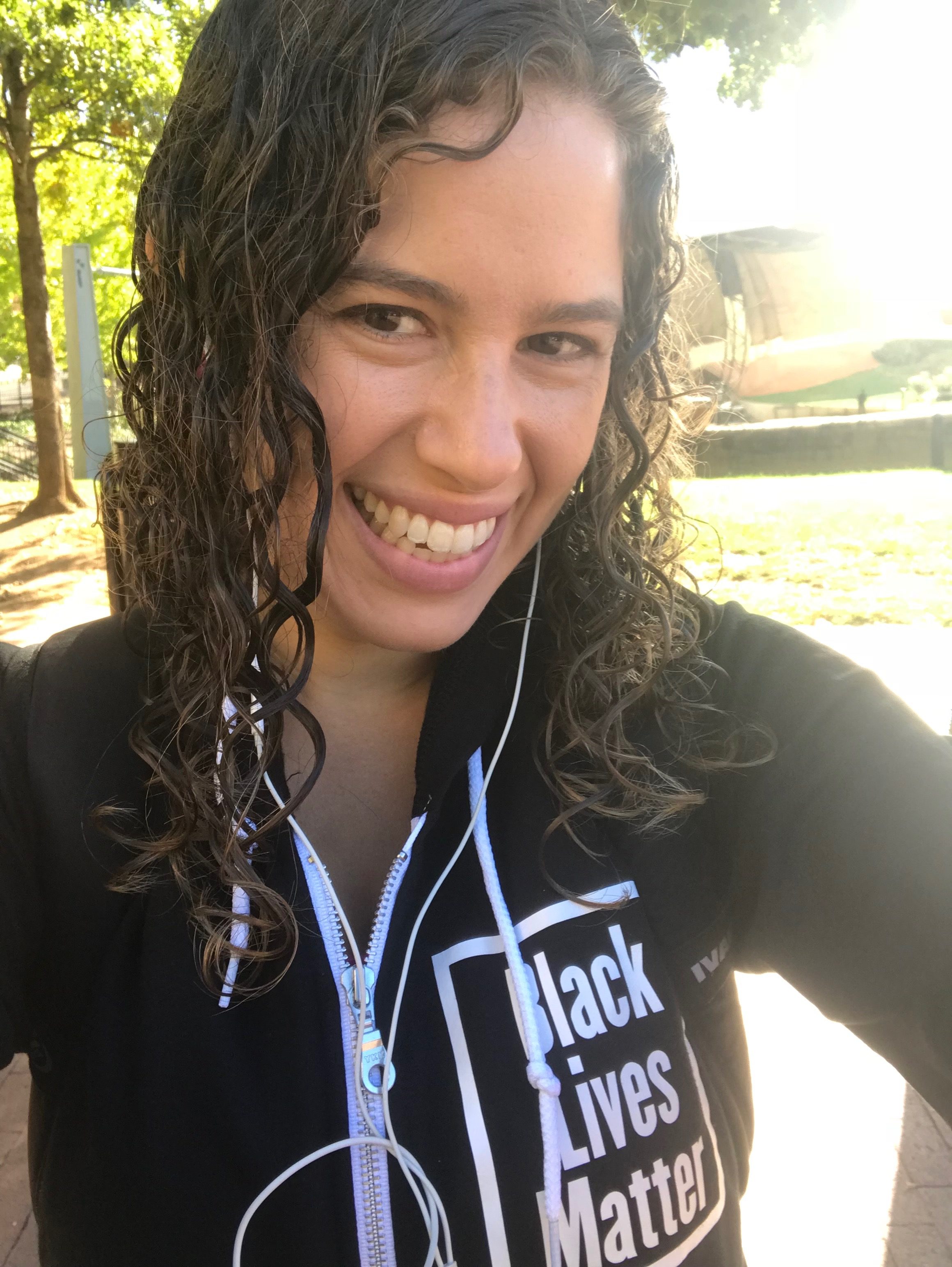In addition to providing accurate and accessible information, sex ed teaches values, sending explicit or implicit messages to students about who they are, how to relate to others, and what roles to seek in society.
Schools end up teaching values wherever they want to or not. We need to take responsibility for the values and behavioral patterns we instill in students. One recent movement known as Character Education focuses on explaining what it means to have good character and be a good citizen. A new approach that can be called Emotional Education has the capacity to go deeper than that. I read about emotional education recently in the book Emotional Intelligence by Daniel Goleman, and I’m enthralled.
Emotional education and sexuality education are inextricable from one another. In order to learn how to develop sexual agency, we need to know how to identify our own emotions and figure out what we want. In order to negotiate with potential sexual partners, we need to know how to recognize and respond to other people’s emotions. In order to develop healthy relationships, we need to communicate, debate and support each other in emotionally healthy ways.
Emotional education must also be antiracist, feminist education. In order to support all of our students, we must ensure that they receive the instruction and encouragement that they need, intentionally countering legacies of oppression and instead providing them all with opportunities for development as full and complex emotional beings. While the imperative to bring in the political analysis may not seem as obvious, I believe it is an essential basic element of such a curriculum.
I’m excited to continue to explore the potential for teaching about sex in the context of emotional education.
